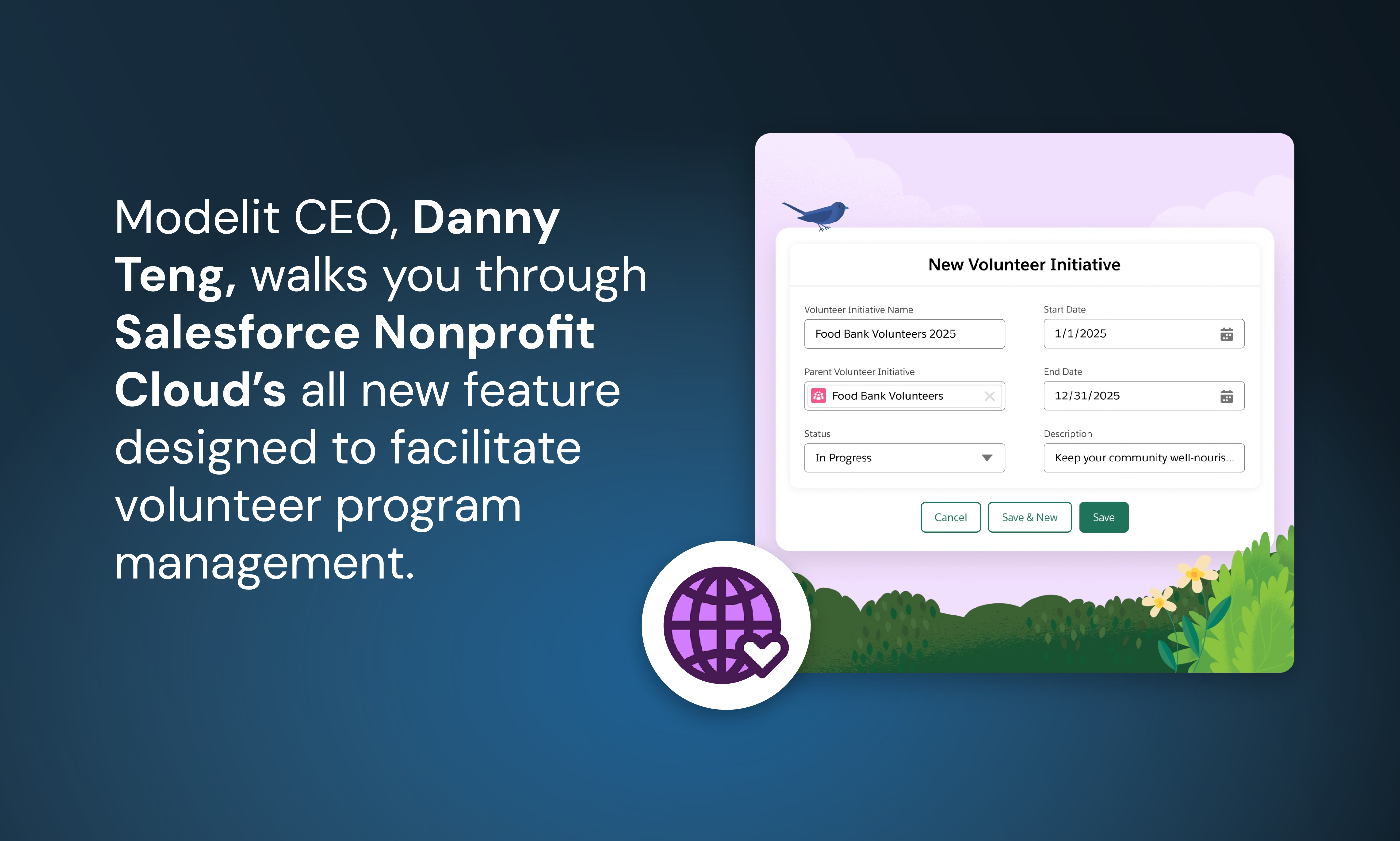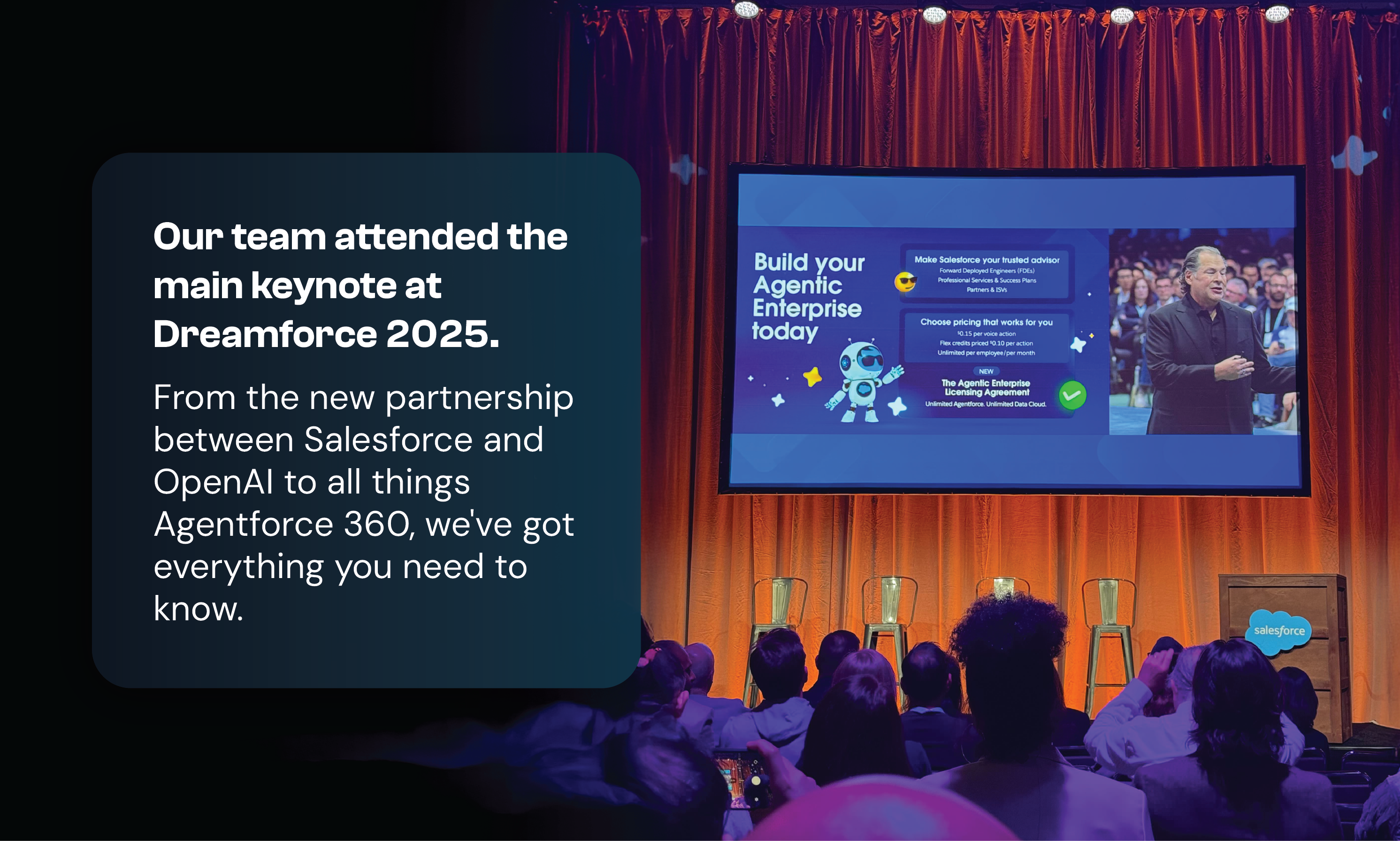For a growing company, your CRM is more than just a database to store customer information – it serves as the heart of your sales, marketing, and customer support operations. As the demands of your business expand and become more complex, so do your CRM requirements as they pertain to your sales and service needs.
Enter HubSpot and Salesforce, two main contenders in the world of CRM systems.
The free HubSpot CRM, renowned for its user-friendly interface and accessibility, is a popular choice among startups and smaller businesses. It offers an excellent foundation for managing sales efforts. However, as your business grows, you may find that the simplicity of HubSpot CRM is no longer sufficient to meet your burgeoning demands.
This is where Salesforce, the CRM giant, comes into play. Salesforce is a multifaceted platform capable of delivering a level of customization, sophistication, and scalability that can accommodate even the most unique business processes. It offers a comprehensive suite of tools designed to drive sales success — aligning with your company's specific requirements and growing alongside your organization.
If you've reached a point where HubSpot CRM's once-perfect fit has become somewhat snug, it's time to consider the journey of migration to Salesforce.
So, let's take a peak into the world of CRM evolution and evaluate whether the upgrade to Salesforce is indeed worth the hype with these key indicators that should not be overlooked.
Comprehensive CRM Capabilities
Salesforce is renowned for its comprehensive CRM features, which cover a wide range of functions — including sales capabilities. If your company requires a single platform to manage multiple aspects of its customer relationships, you might prefer Salesforce over HubSpot CRM.
Control Over Your Sales Cycle
Salesforce's granular control over the sales process — including approval processes, workflow automations, and pipeline inspection — leads to more accurate sales forecasting and increased efficiency. This is how it gets the competitive advantage over HubSpot CRM.

Sophisticated Reporting and Analytics
Uncover the vast reporting power of Salesforce, allowing you to generate custom reports that merge data from multiple objects within the platform — enabling deeper insights and more flexibility compared to HubSpot's reporting capabilities.
You’ll always want to delve into the analytics features of Salesforce, which provide a superior level of data customization, insights, and data manipulations — ultimately improving decision-making within your organization.

Advanced Customizations
Salesforce offers a high degree of customization — from allowing you to create custom objects to store data specific to your business needs, to customizing the user interface with custom page layouts, record types, and apps to offer a tailored experience for different users and teams.
If your company needs a highly customized CRM, Salesforce could be the more suitable option for you.
Compliance and Security
Salesforce has a strong track recored when it comes to compliance and security, which can be crucial if you’re in a regulated industry or require stringent data security.
Learn how Salesforce offers robust governance control that is crucial for larger organizations managing multiple teams. This ensures secure record access and granular permissions, compared to HubSpot CRM's more limited security options.

Make an Informed Decision
Your CRM isn't just a tool; it's the engine that drives your sales, marketing, and customer support efforts.
Migrating from HubSpot CRM to Salesforce is a transformative step that can push your business to new heights through an enhanced sales and service modules. It's not just about hype, but also about the practicality and the ability to adapt and thrive in a constantly changing market.
So, the question you must ask is this: Is it time for your business to make the switch?
The answer lies in your unique needs and goals. If your business has outgrown the simplicity of HubSpot — if you're yearning for more control, deeper insights, and the capacity to enforce processes — then the time may be right. If your organization is expanding and if you're integrating more business systems, then the answer becomes clearer.
Consider the indicators, weigh the advantages, and embrace the journey of migrating to Salesforce. Don't just follow the hype; lead with knowledge and take advantage of the full potential of your CRM with Salesforce.














